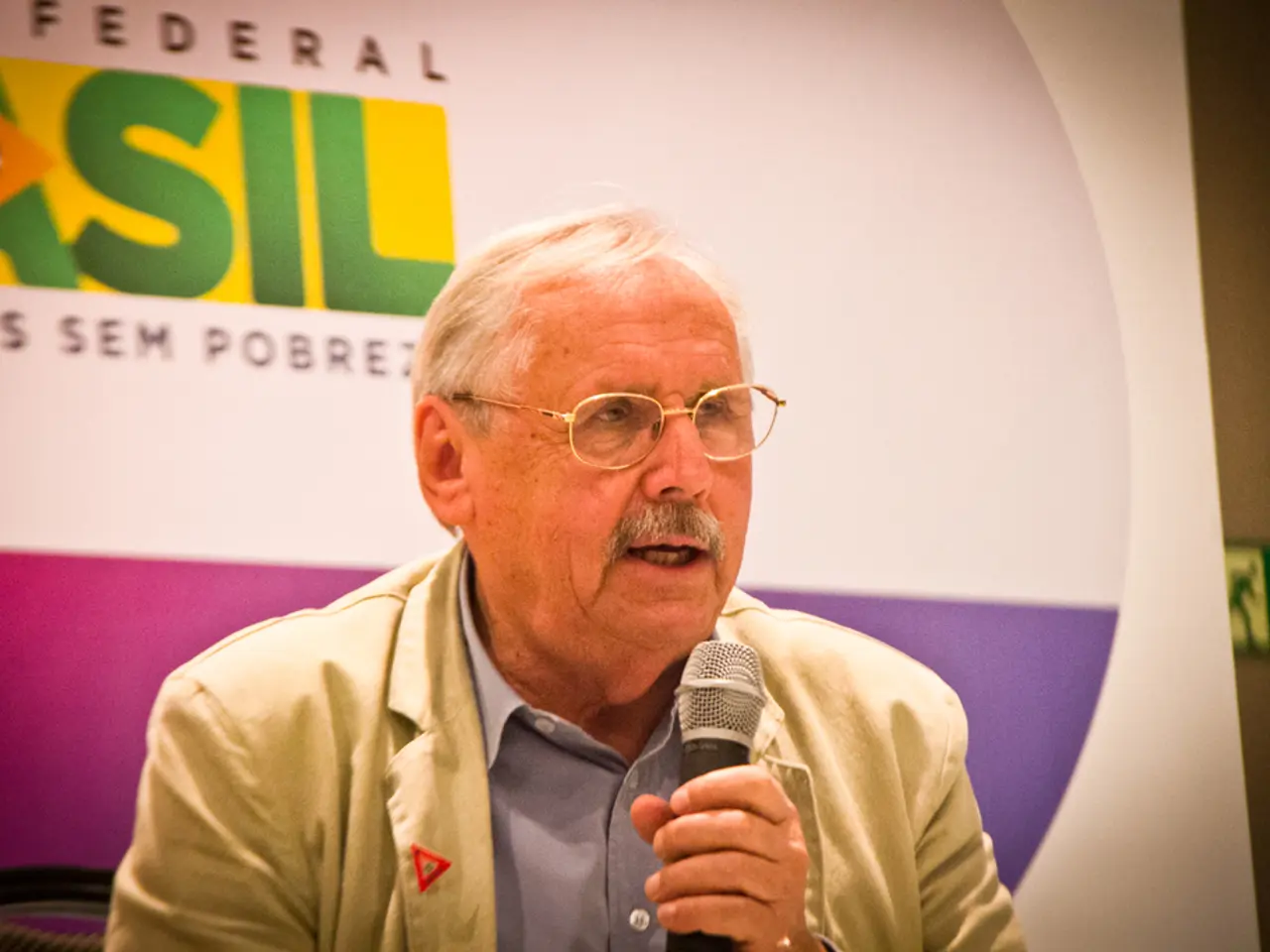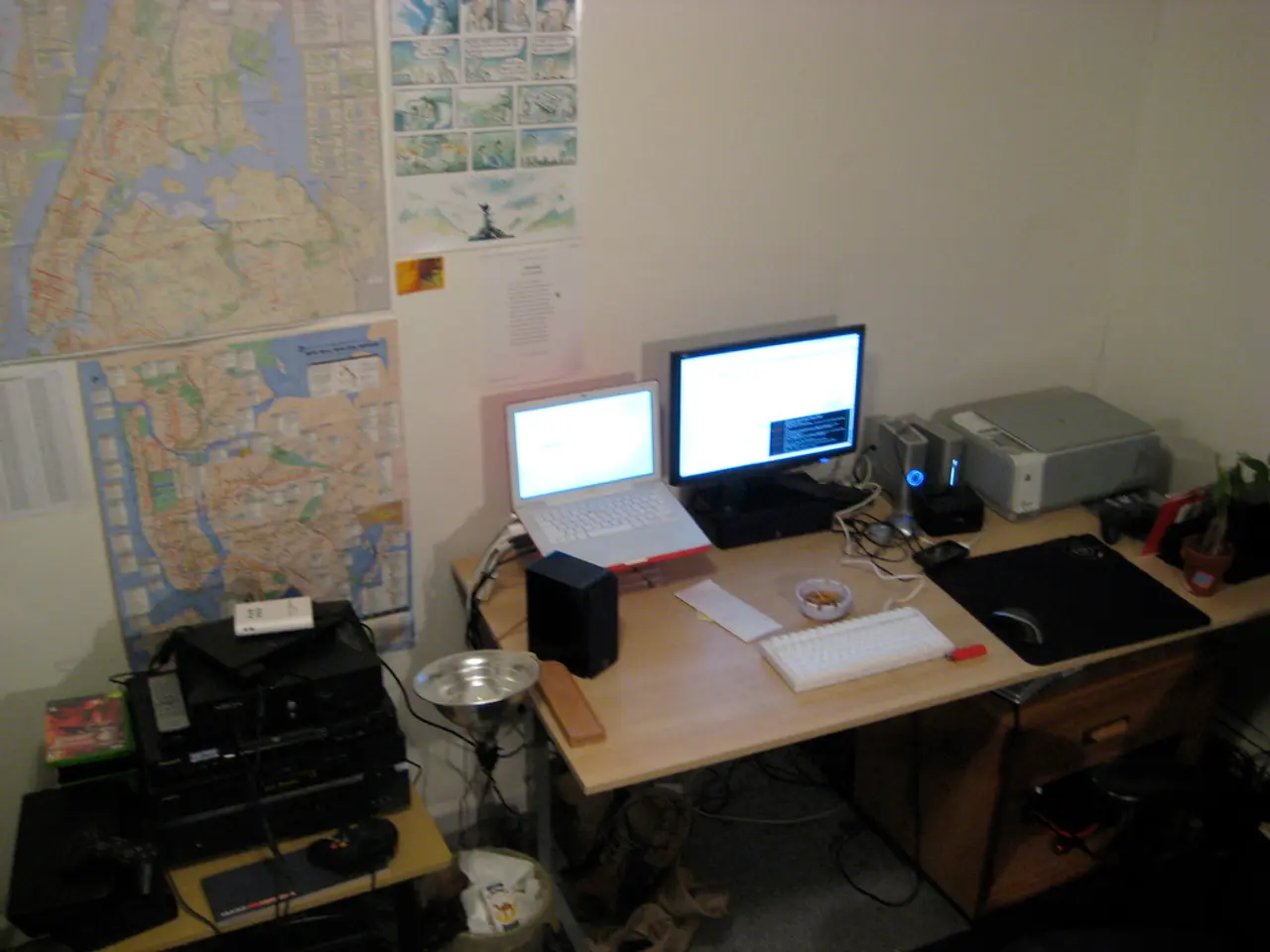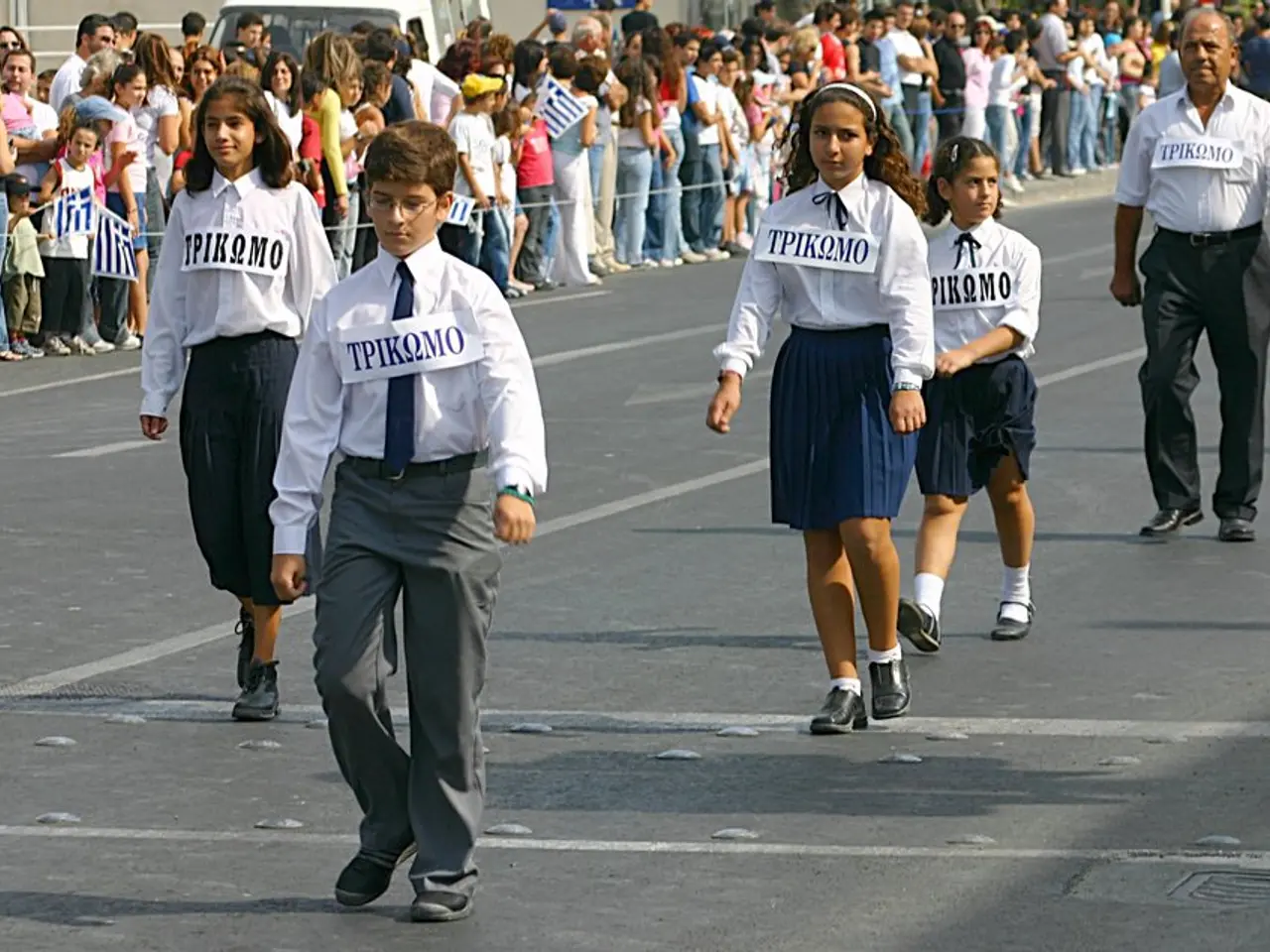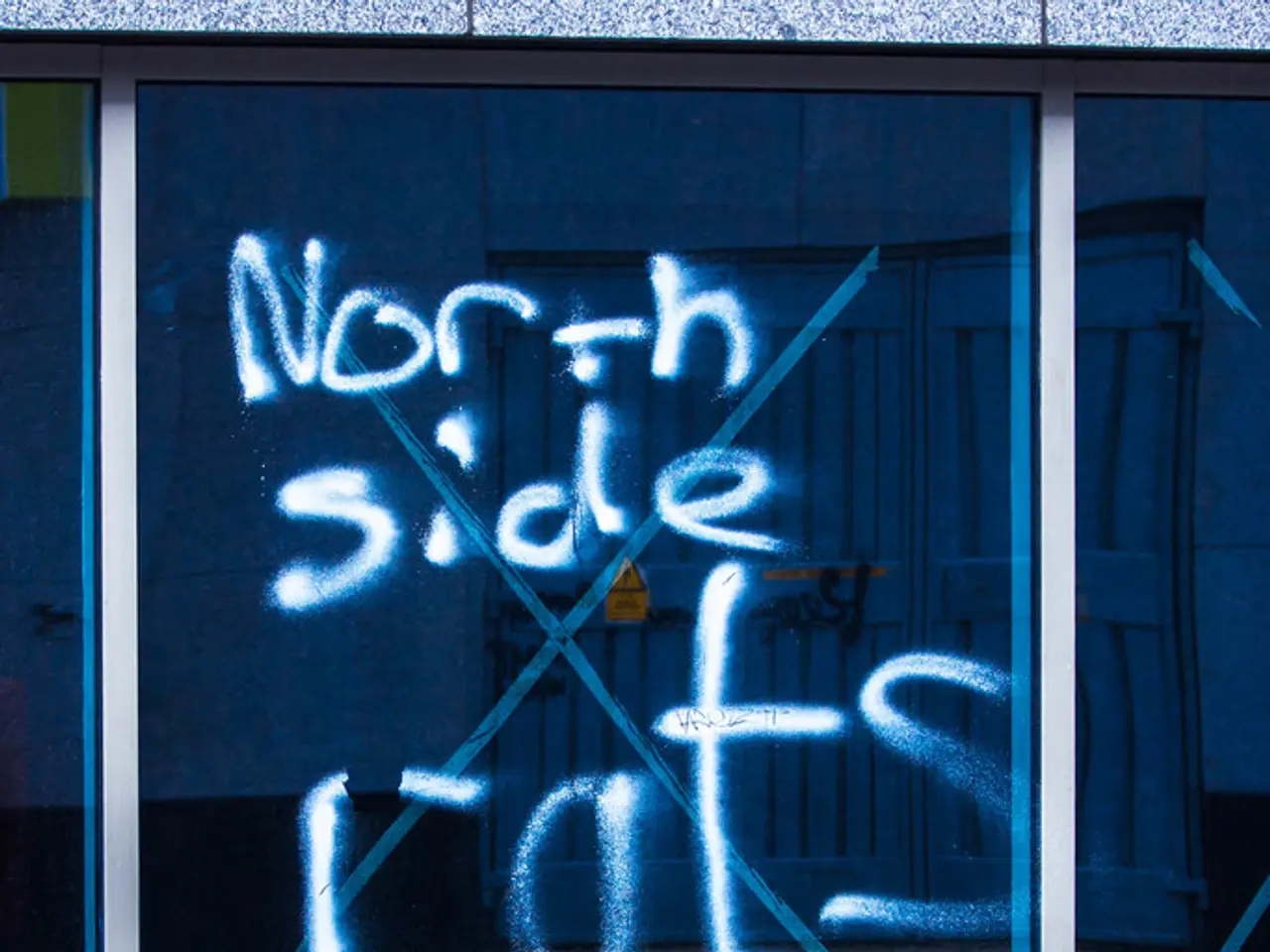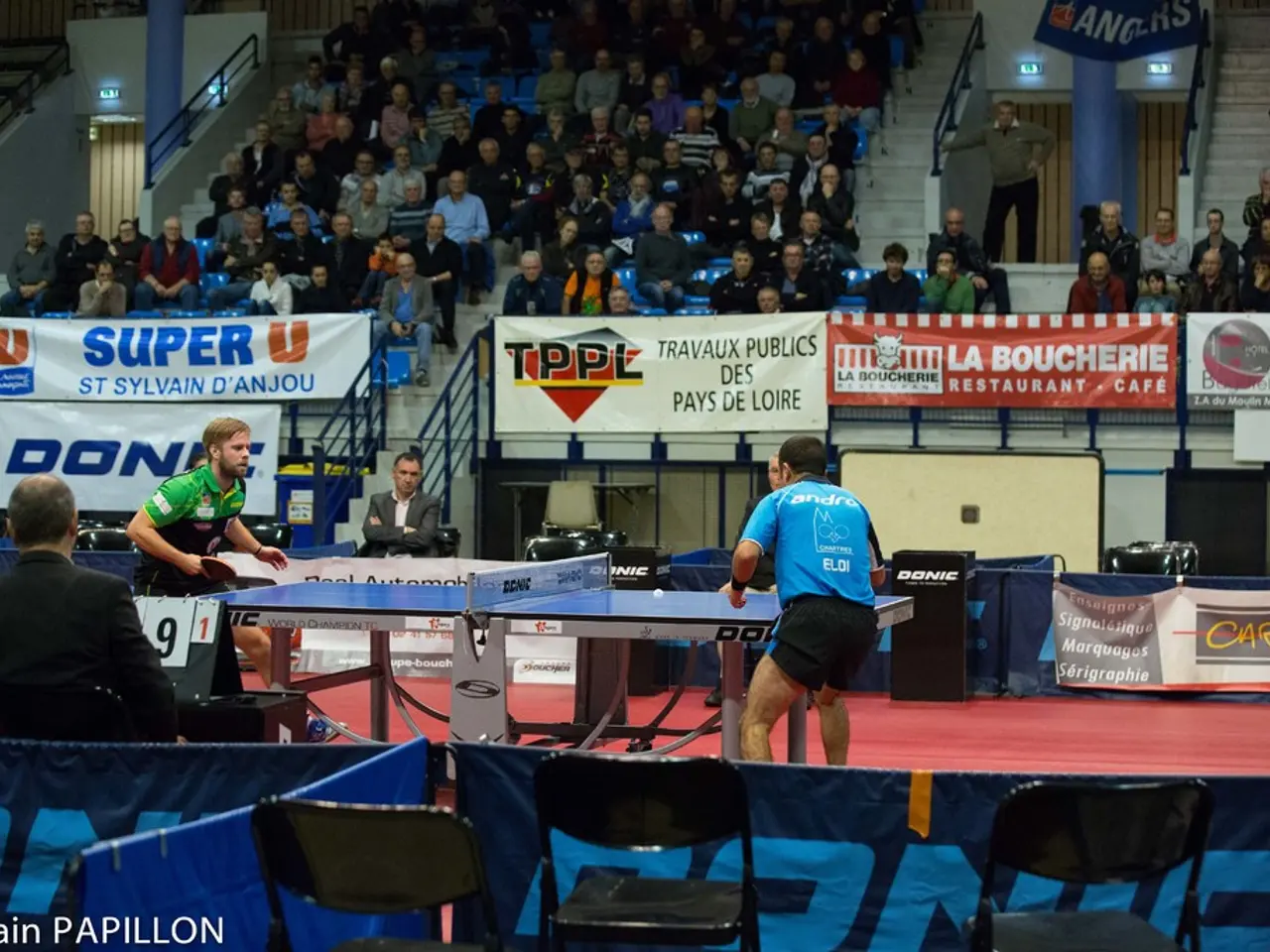Soder has lost confidence in Brosius-Gersdorf's election.
In the ongoing debate surrounding the election of a new judge for the Federal Constitutional Court, the candidacy of Frauke Brosius-Gersdorf has been met with criticism from various political groups. The criticism is rooted in a combination of political strategies and influences, as well as potential tactical maneuvering by key political players.
The primary opposition to Brosius-Gersdorf comes from conservative and right-wing groups, who have labelled her as "ultra-left" due to her stances on sensitive issues such as abortion, gender equality, and compulsory COVID-19 vaccinations. This opposition is further fueled by allegations of plagiarism and religious opposition, particularly from Catholic circles who view her views on abortion as a "domestic political scandal."
While the AfD is not directly orchestrating the opposition, Brosius-Gersdorf's support for banning the party might have contributed to the intensity of conservative criticism. The AfD has been declared a threat to German democracy by the domestic intelligence agency, which could align with her controversial views in some political circles.
The CDU/CSU, a key player in Germany's coalition government, initially supported Brosius-Gersdorf's nomination but later withdrew their backing under pressure from conservative members who opposed her views. This shift in stance can be seen as tactical maneuvering to appease the conservative base and possibly to avoid a confrontation with religious and social conservative groups.
The delay in the election process highlights divisions within the coalition government, with the CDU/CSU using their influence to block or delay the vote, thus affecting Brosius-Gersdorf's chances of securing the necessary two-thirds majority for confirmation.
Markus Söder, the CSU leader in Munich, has expressed doubts about Brosius-Gersdorf's candidacy and does not anticipate her being elected to the Federal Constitutional Court. He has also criticised her appearance on the talk show "Lanz."
Felix Banaszak, Green Party leader, accused the Union of tactical maneuvering, suggesting they aim to "soften up" Brosius-Gersdorf to withdraw from the election. However, Söder has clarified that while Brosius-Gersdorf has legal competence, a high degree of neutrality is also crucial for the Constitutional Court.
Despite the current impasse, Söder expects that the Union and SPD could agree on an issue regarding the election of the judge by the end of the summer. He hopes there won't be a lasting feud between the two parties after the failed election of the judge.
Volker Weiß, a historian, attributes the attacks on Brosius-Gersdorf to a strategy of the AfD, aimed at destabilizing the coalition and gaining power. The AfD's strategy, as suggested by Weiß, is to destabilize the coalition and gain power through attacks on the SPD's candidate for the Federal Constitutional Court.
The political landscape in Germany continues to evolve as the election process for the Federal Constitutional Court progresses. The outcome of the election will have significant implications for the future of the court and the political dynamics within the coalition government.
The ongoing criticism of Frauke Brosius-Gersdorf's candidacy for the Federal Constitutional Court is not only rooted in her political views on sensitive issues but also involves policy-and-legislation matters such as her stance on banning the AfD party and compulsory COVID-19 vaccinations. The labeling of Brosius-Gersdorf as "ultra-left" by conservative and right-wing groups is a part of the general-news narrative, further fueled by allegations of plagiarism and religious opposition.
The delay in the election process and the shift in stance by the CDU/CSU, a key player in Germany's coalition government, highlight the interplay of politics and policy-and-legislation in this debate. The strategic maneuvering by key political players, such as the CDU/CSU's pressure from conservative members and the potential aim to "soften up" Brosius-Gersdorf to withdraw from the election, are significant elements in this political landscape.
